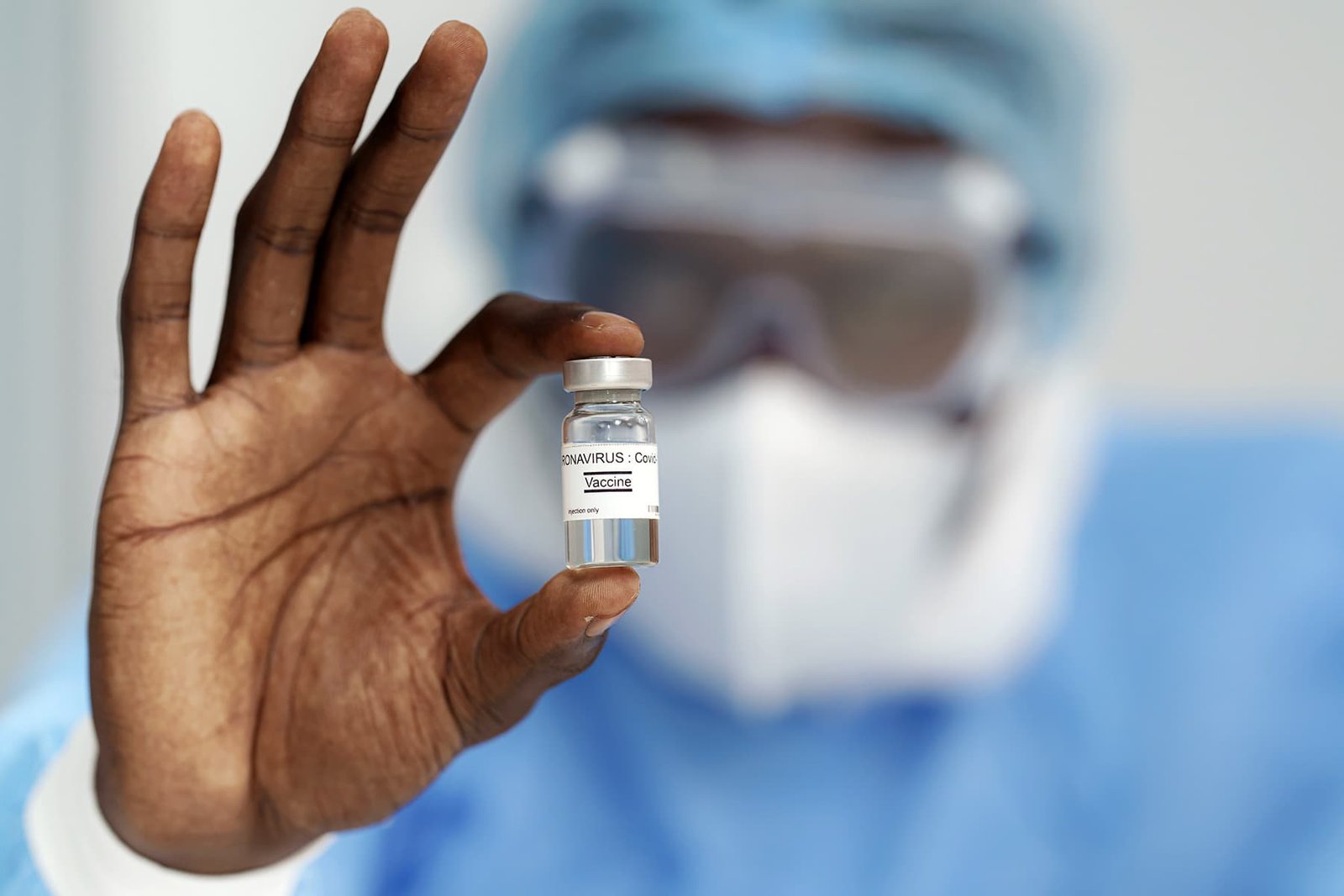March 15, 2022 — The CEO of vaccine maker Pfizer made news over the weekend when he said people who have already gotten three shots of his company’s COVID-19 vaccine will need a fourth dose.
Albert Bourla, PhD, said data the company has submitted to the FDA — but has not yet released publicly — shows this need.
Although a third dose of an mRNA vaccine can still lessen the risks of hospitalization and death, a fourth dose is “necessary” to prevent future cases of infection, he said on CBS’s Face the Nation.
Pfizer is also expected to ask the FDA this week to approve a fourth shot for people 65 and older, The Washington Post reported Tuesday.
With all this happening, we asked infectious disease experts to weigh in, especially as daily new case numbers continue to drop to levels not seen since July 2021.
“To date, there is limited information surrounding the need or efficacy of a fourth dose of COVID-19 mRNA vaccines,” says Matthew Harris, MD.
A small study from Israel found that a fourth dose increased antibodies to levels greater than in patients who received three doses alone.
But the study did not find a fourth dose effective at preventing infection from the Omicron variant, says, Harris, medical director of the Northwell Health COVID-19 vaccination program in New Hyde Park, NY.
“It seems a more likely scenario that the COVID-19 vaccines will become part of a seasonal vaccination akin to the influenza vaccine,” he says.
Jason Pogue, PharmD, agrees that a fourth dose is more a matter of “when” than “if.”
“Whether that is with the vaccines currently available, an Omicron-specific vaccine, a vaccine directed towards some future variant, or some combination of those remains to be determined,” he says.
Ask Your Doctor
If you think you might need or want a fourth shot, reach out to your doctor or other health care provider, especially if it’s been 6 months or longer since your last shot.
At this time, the CDC recommends vaccination and a booster for everyone 12 and older and two doses for those 5 to 11. People with weakened immune systems are already encouraged to get another dose.
Harris recommends those who have been fully vaccinated and boosted for more than 6 months to continue to practice “good hand hygiene,” along with “masking and social distancing where appropriate, and frequent testing.”
Karen Tashima, MD, agrees it is likely OK to wait for now.
“If patients are fully vaccinated and boosted, and transmission is low in their communities, I’d advise no further vaccination for them,” she says.
While it’s true that after 6 months, protection from the vaccines and boosters starts to weaken against infection, you are still “extremely well-protected against severe disease,” says Pogue, a clinical professor at the University of Michigan in Ann Arbor.
Fourth-Dose Fervor
How convincing will the Pfizer data supporting a fourth dose be? How much of a challenge will it be to get the “pandemic weary” to show up for another COVID-19 vaccination in the near future?
What is the likelihood that the worst of the pandemic is behind us in the U.S., especially as cases of the Omicron subvariant BA.2 continue to jump in the U.K. and across Europe?
The hashtag #Pfizer is trending on Twitter, with 126,000 tweets at last check. Many people are commenting about Bourla’s call for a fourth vaccine dose on social media.
Reports about waning efficacy of COVID-19 vaccine boosters are nothing new. It seems impossible to ever know if Pfizer is being altruistic, business-minded, or a combination of both. But positive data about an mRNA booster can be good for a company’s bottom line. For example, Moderna shares jumped 11% last month when the company announced a fourth dose of a COVID-19 vaccine will likely be needed before year’s end.
Better to Be Prepared?
“We don’t know if a fourth dose will be necessary at this point,” says Tashima, an infectious diseases doctor.
But she says it’s important to watch for any new outbreaks.
“If we have new surges that cause hospitalizations and death, we will need to get another dose. We should be prepared for this possibility,” she says.
It makes sense, then, for the companies making vaccines to be ready with supplies if needed, says Tashima, director of clinical trials at Miriam Hospital in Providence, RI.
The need for further doses is based on several things, Harris says. An increase in variants, the rates of breakthrough infections, hospitalization and deaths related to variants, and local rates of vaccination could also figure into the equation.
Any call for a fourth dose would need to be backed by data, he says.
“The current evidence suggests that protection against severe disease, hospitalization, and death remains quite robust with three doses, with multiple reports suggesting a 90-99% reduction in these outcomes with three doses,” Pogue says.
“Widespread administration of a fourth dose is not going to add a notable advantage over these numbers.”






